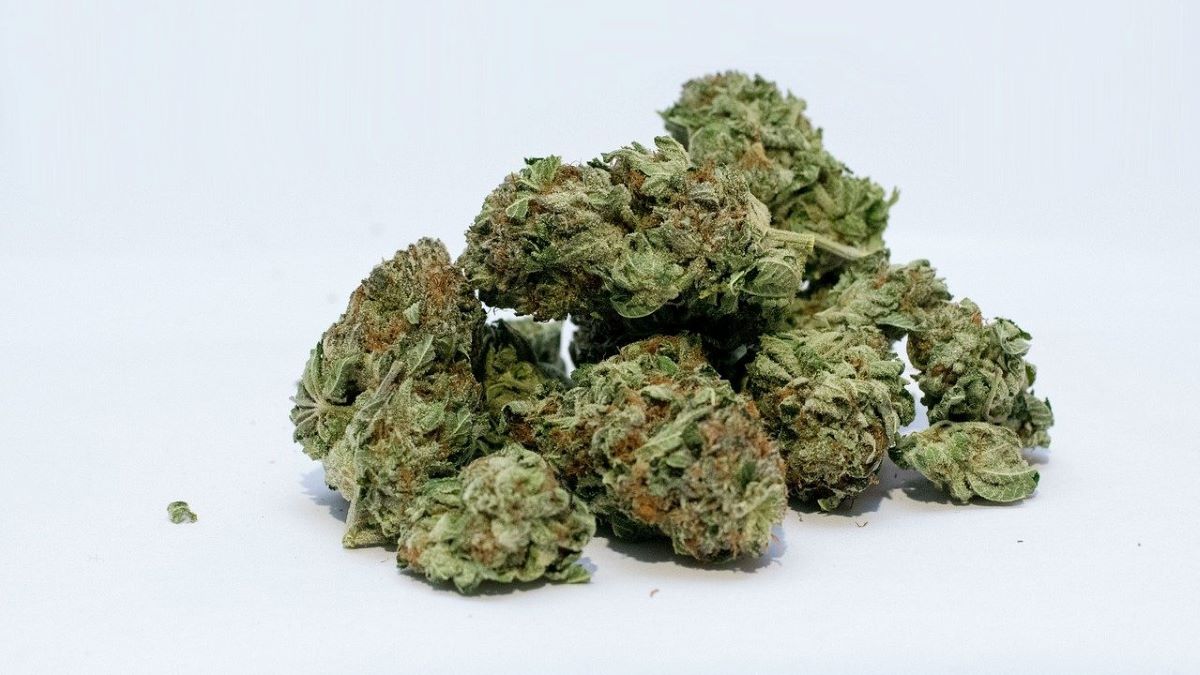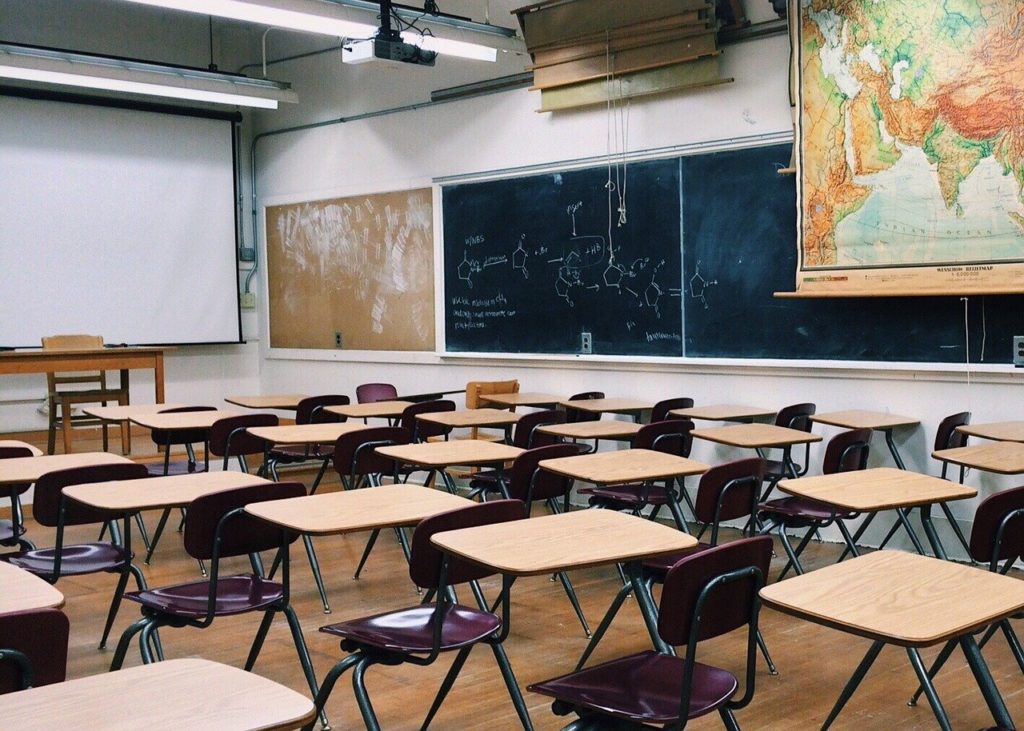Pritzker Administration Issues First Wave of Conditional Adult Use Cannabis Dispensary Licenses

![]()
Pritzker Administration Issues First Wave of Conditional Adult Use Cannabis Dispensary Licenses (Springfield, IL) Governor JB Pritzker and the Illinois Department of Financial and Professional Regulation (IDFPR) today issued 149 Conditional Adult Use Dispensing Organization Licenses to applicants selected in three lotteries held in the summer of 2021. All businesses qualify as Social Equity Applicants under the Cannabis Regulation and Tax Act. The list of today’s awardees and the next steps for the conditional license period are available on the IDFPR’s Adult Use Cannabis webpage.
Of the businesses selected through the lottery, 41% are majority Black-owned, 7% are majority White-owned, and 4% are majority Latino-owned, while 38% of awardees did not disclose the race of their owners. To date, Illinois has made and executed the greatest commitment of adult use cannabis tax revenue to community reinvestment, expunged the most criminal history records involving cannabis, and has the highest rate of minority ownership of any state reporting/collecting ownership demographic data in the country.
“Illinois is leading the way in addressing the War on Drugs as no state has before, and dispensary ownership that reflects our state’s diversity is a product of that commitment,” said Governor JB Pritzker. “These licenses represent a significant step toward accountability for the decades of injustice preceding cannabis legalization. Illinois will continue to deliver on the promises of putting equity at the forefront of this process.”
The release of these licenses marks the first issuance of Conditional Adult Use Dispensing Organization Licenses since Illinois legalized cannabis for adult use under the Cannabis Regulation and Tax Act in 2019.
The businesses awarded Conditional Licenses will have 180 days to select a physical storefront location and obtain the full Adult Use Dispensing Organization License. A full overview with next steps for the process is available here. If a Conditional Licensee is unable to find a suitable physical location within the 180-day period, they may request an extension of 180 days. Once issued an Adult Use Dispensing Organization License, a business may begin purchasing and dispensing adult use cannabis.
“Since 2019, we have worked diligently to ensure communities disproportionately harmed by cannabis prohibition and discriminatory law enforcement are included in the adult-use cannabis industry,” said Senate Majority Leader Kimberly A. Lightford (D-Hillside). “With the release of 149 Conditional Adult Use Dispensing Organization Licenses, Illinois has become a frontrunner in cannabis minority ownership and will continue to drive social equity, social justice and inclusion into the marketplace.”
“We will continue to work to make sure those most impacted by the war on drugs have the opportunity to operate in Illinois and to keep fighting to diversify this industry long term,” said State Representative Gordon-Booth (D-Chicago). “This is a long game and we will keep fighting to create opportunities for those who have experienced the most disparate impact.”
“Illinois is well on its way to increasing equity in the state’s cannabis industry with the issuing of the conditional adult use dispensing licenses,” said State Representative Sonya Harper (D-Chicago). “I look forward to following the successes of our new businesses and continually working to ensure equity in the industry.”
“It is critical that we center the people whose voices have been left out of the conversation for far too long in conversations surrounding this process,” said State Senator Cristina Castro (D-Elgin). “A significant portion of this round of licenses were awarded to Black and Latino-owned businesses in communities that have been disproportionately affected by the criminalization of cannabis. I’m proud that Illinois is continuing its work to ensure that the cannabis industry is equitable and reflects our state’s diverse and unique population.”
“I am pleased to see more licenses coming out today,” said State Representative La Shawn K. Ford (D-Chicago). “But, with every positive step forward, we are also reminded that there are deserving people who have been left behind through no fault of their own. So, even as we celebrate progress being made towards a more inclusive, equitable and just system cannabis licensing system, we must immediately turn our attention to finding solutions that will help those left behind in this process to advance as well.”
“The release of these licenses means a transformation of the retail side of Illinois’ cannabis industry, creating more opportunities for individuals from all backgrounds to reap the benefits of legalization as employees and ancillary service providers,” said Mario Treto, Jr., Secretary of the Illinois Department of Financial and Professional Regulation. “These licensees continue to lay the groundwork for a cannabis industry more diverse and equitable than any other in the country. I am extremely proud of our team for their work over the past two years and look forward to working with these new businesses owners throughout the next stages of licensure.”
Through a separate program administered by the Illinois Department of Commerce and Economic Opportunity (DCEO), the State of Illinois offers low-interest loans to qualified licensed companies through its Social Equity Cannabis Loan Program. The first round of social equity license applicants are expected to finalize loan agreements directly with DCEO’s partner lending institutions in the coming weeks. The next phase of the loan program will be launched in the near future. Additional information about the Social Equity Cannabis Loan Program can be found here.
DCEO also funds free licensing and post-licensing technical assistance through their partners at Oakton Community College, The Trep School, the Women’s Business Development Center, and the University of Illinois Chicago Law School. Additional information on these resources and how to access them can be found here.
Pritzker Administration Issues First Wave of Conditional Adult Use Cannabis Dispensary Licenses








Responses